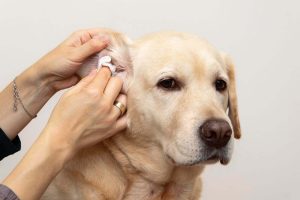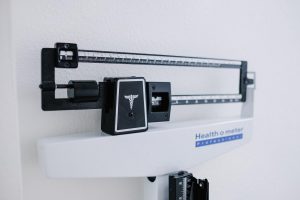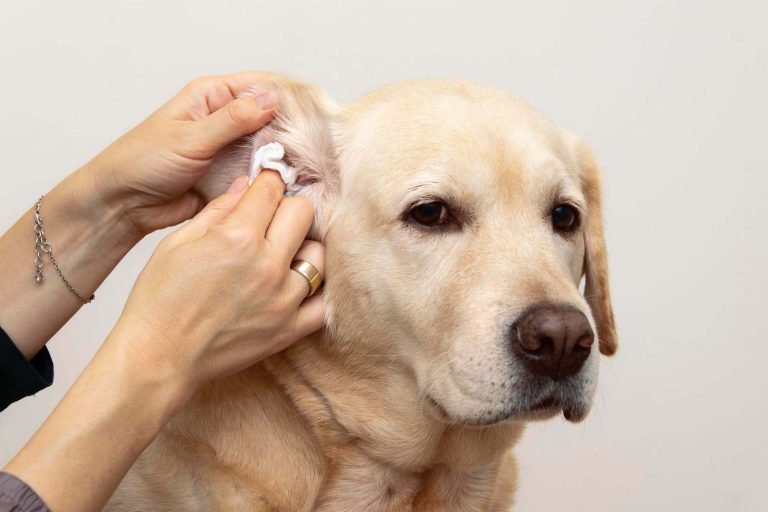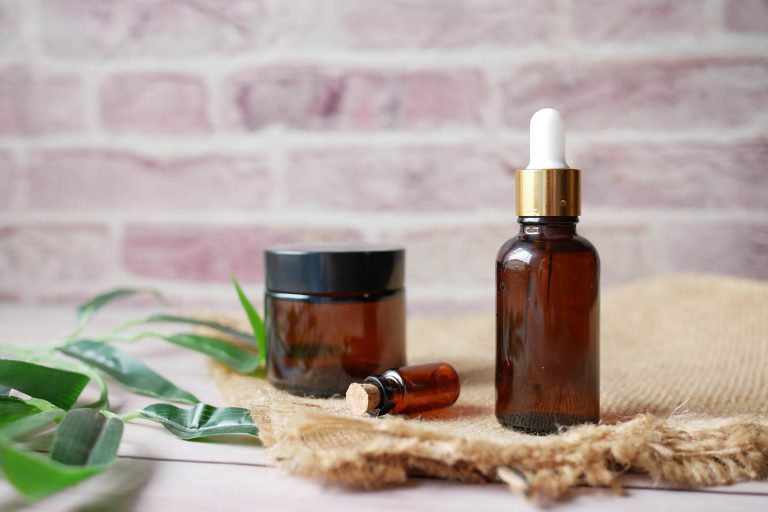What is hiccups?
Hiccups, or singultuses, square measure repetitive diaphragm spasms that we tend to all like to hate. They can strike anyone, at any age, at associate time, even a kid within the female internal reproductive organ. They are available by surprise and might last anyplace from minutes to hours.
What is a hiccup and the way will it occur?
The diaphragm is that the muscle between the chest and abdomen that regulates respiration. Once the diaphragm contracts, the lungs expand and fill with element. Once the diaphragm relaxes, carbonic acid gas exits the lungs.
Events during which the diaphragm will unconsciously and repeatedly contract include:
- Swallow an excessive amount of air
- Eat a giant meal
- Drink effervescent drinks
- Sharp modification of temperature in body or setting
- Emotional stress
- Exciting

These cramps cause the vocal cords to suddenly shut, leading to a sharp burst of air coming into the lungs. That chain reaction is liable for all the too acquainted winded sounds that gave the condition its generic name: Hiccups! Infants square measure susceptible to hiccups. “The administration instruments of reflexes haven’t by the by been totally settled, consequently nerve motivations will be befuddled by contradictory messages in babies,” says St. Christopher cricketer, PhD, LAC, AHG.
Causes
Hiccups occur once your diaphragm begins to convulse unconsciously. Your diaphragm may be a massive muscle that helps you breathe. Once it twitches, you suddenly inhale and snap your vocal cords pack up, inflicting a particular sound.
In most cases, they quickly return and go. Hiccup.
- feeding an excessive amount of or too early
- effervescent drinks
- spicy
- Stressed or showing emotion excited
- Drink alcohol
Get rid of hiccups
These tips square measure for brief bouts of hiccups. If you’ve got chronic hiccups that last over forty eight hours, talk over with your doctor. This could be a proof of associate underlying condition that wants treatment.
Breathing and posture techniques
Sometimes it’s simple to vary your respiration technique or posture in order that you’ll relax slowly together with your diaphragm.
1. Observe measured respiration
It disrupts the systema respiratorium with slow and measured respiration. Breathe for the count of 5, breathe for the count of 5.
2. Hold your breath Inhale an oversized sip of air
Hold it for concerning ten to twenty seconds, and breathe slowly. Repeat PRN.
3. Suspire the bag
Put a paper lunch pack over your mouth and nose. Slowly inhale the breath, pull out the air within the bag and inflate it. Ne’er use it in plastic luggage.
4. Hold your knees
Sit in an exceedingly comfy place. Carry your knees to your chest and hold them there for 2 minutes.
5. Compress your chest
Lean forward or bend forward to compress your chest, which puts pressure on your diaphragm.
6. Use Valsalva maneuver
To try to this operation, attempt to pinch your nose and exhale together with your mouth closed.
Pressure point
Pressure points square measure square measure as of your body that are significantly sensitive to pressure. Applying pressure on these points together with your hands can facilitate to relax the diaphragm or stimulate the pneumogastric and diaphragmatic nerves.
Pull your tongue. Pull your tongue stimulates the nerves and muscles of your throat. Get the tip of your tongue and tenderly force it forward once or twofold.
Press your diaphragm. Use your hands to use pressure to the world just under the sting of your breastbone.
Shut and squeeze your nose whereas swallowing water.
Squeeze the palm. Use your thumb to place pressure on the opposite palm.
Massage your arteria. You’ve arteries on each side of your neck. that is what you’re feeling once you check your pulse by touching your neck. Lie down, flip the top to the left and massage the proper artery in circular motion for 5-10 seconds.
What to eat and drink
Eating bound things or dynamic the means you drink may facilitate stimulate the pneumogastric and diaphragmatic nerves.
Drink drinking water. Slowly drinking cold water can facilitate to stimulate the vagus.
Drink from the opposite facet of the glass. Tip the glass beneath your chin to drink from the opposite facet.
Slowly drink a glass of heat water while not holding your breath.
Drink water through a artefact or towel. cowl a glass of cold water with a artefact or towel and sip through it.
Suck the ice cubes. Inhale the square block for a couple of minutes, then swallow it once it shrinks to a moderate size.
Gargle with drinking water. Gargle drinking water for thirty seconds. Repeat PRN.
Eat a containerful of honey or paste. Please let it dissolve within the mouth a bit before swallowing.
Eat sugar place a pinch of refined sugar on your tongue and let it sit there for 5-10 seconds, then swallow.
Suck the lemon. Some individuals add a small amount of salt to their lemon slices. Rinse your mouth with water to guard your teeth from acid.
Place a drop of vinegar on your tongue.
Unusual however well-tried adult ways
There may not be any of you in these ways, but both are backed by scientific learning.
Having an orgasm. There is an old case study involving a man whose hiccup lasted four days. They soon after slapped a climax.
Perform rectal massage. Another contextual investigation reports that a man with continuous hiccups has discovered quick help after rectal back rub. Using rubber gloves and a lot of lubricant, insert your finger into the rectum and massage it.
Other remedies
Here are some examples of other permanent remedies you can have.
- Rub the back of your neck. Rubbing the skin on the back of your neck can irritate your phrenic nerve.
- Poke the back of the throat with a cotton swab gently wipe the back of the throat with a cotton swab until you gag or cough. Your gag reflex may stimulate the vagus nerve.
- Distract yourself with something fascinating. Hiccups often leave on their own when you stop focusing on them. Play video games, fill out crossword puzzles or do calculations in your head.
Most instances of hiccups disappear inside the space of minutes or hours. In the event that you consistently get hiccups or have hiccups that last over two days, talk with your primary care physician. Your hiccups can be a sign of an underlying condition, such as:
- Gastroesophageal reflux disease(GERD)
- Stroke
Multiple sclerosis
Also, a few instances of hiccups are more difficult than others. When that happens, the doctor will stop as a prescription. Common medications for chronic hiccups are:
- Baclofen (Gablofen)
- Chlorpromazine
- Metoclopramide
Prevent hiccups
A common example of getting fucked with more lifestyle factors is that you can prevent some changes in your habits. it’s causing a certain behaviour:
Eat a small amount per serving
Eat slowly
Avoid spicy foods
Drink less alcohol
Avoid carbonated drinks
Practice relaxation techniques such as deep breathing and meditation to reduce stress
If you are a visual type of person, then we can recommend this short video for you to watch.
Do you want to learn more?
Click on the link below and learn many of our articles to solve every day questions.











